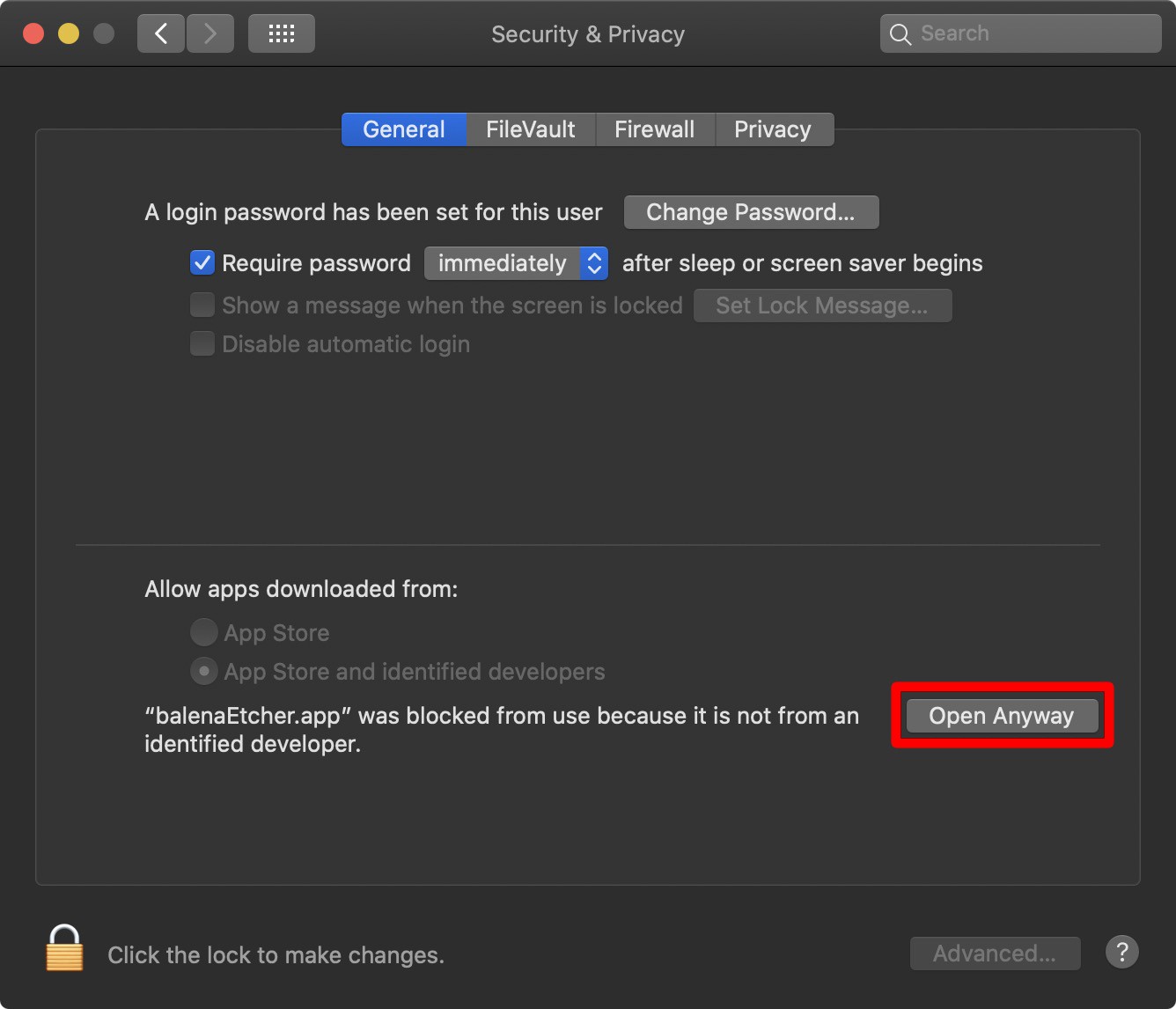

- #How to install linux on a mac how to#
- #How to install linux on a mac mac os x#
- #How to install linux on a mac mac os#
Launching the System Settings (like System Preferences in macOS) took 19 seconds! Other apps were somewhat better - the Firefox browser loaded in 3 seconds, LibreOffice Writer (the word processing app included in the Ubuntu distribution) in about 8 seconds, and once the LibreOffice core had loaded, the Calc (spreadsheet) and Impress (presentation) apps loaded in about 3 seconds each. From pressing the power button to login took about 98 seconds, followed by another 65 seconds for the desktop to appear.

To be honest, the performance of this operating system on this older Mac was quite slow.
#How to install linux on a mac mac os#
Upon doing that, the DVD began to load and I only had one question to answer: did I want to install Ubuntu as a second operating system on the Mac (side by side with Mac OS X), or did I want it to be the only operating system (see image above)? I chose to make it the only operating system. With that, the installer took care of asking for a user name and password, then installed the operating system and a group of standard apps. To perform the install, I inserted the DVD into the Combo Drive on the MacBook, powered it up while holding the Option key, and then selected EFI Install from the disk choices that were available. Erasing the disk for a clean installation of Ubuntu Linux To be honest, the preparation took much longer than the actual installation. All I needed to do was to download the latest version as an ISO disk image, attach an Apple USB SuperDrive to my iMac, pop in some blank DVD media, and burn the ISO image to the DVD.
#How to install linux on a mac mac os x#
Since I did not currently have Mac OS X running on the old MacBook, installation was simple. Related: See which upgrades are compatible with your MacBook with My Upgrades Tool Sure, I could keep it on a previous release of Mac OS X, but where’s the fun in that? So what I’ve done is tried to install five different versions of Linux on the MacBook - Ubuntu 16.04.2 “Xenial Xerus”, Linux Mint 18.1 “Serena” with the Cinnamon UI, Antergos 17.4, KDE Neon, and Fedora 25 Workstation. I’ll talk about the installation process for each and about how they operated - or not - on a Intel Core Duo 2 2.4 GHz MacBook. Why would I want to do this? This MacBook is about nine years old and frankly, it just doesn’t have the ability to run newer versions of macOS.

One of the more common themes in the comments was “Why run Linux in a virtual machine? Why not just install it as the only operating system on a Mac?” This week, I’m grabbed the old 13-inch white 2008 MacBook that I converted to a Chromebook last year and installed various Linux distributions on it just to see how well it operates.
#How to install linux on a mac how to#
A few weeks ago we ran an article about how to install Linux on a Mac, and it generated a lot of comments.


 0 kommentar(er)
0 kommentar(er)
